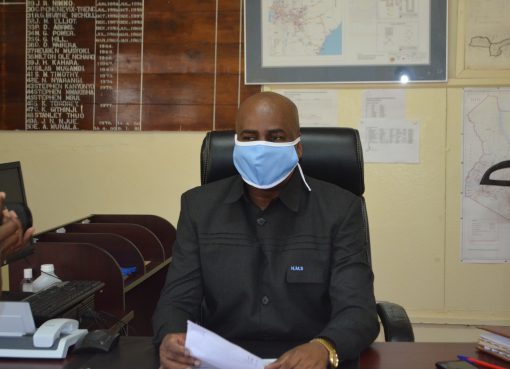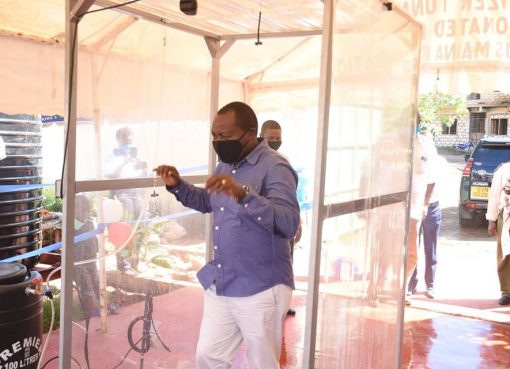Kenya produces 51,300 metric tonnes of electronic waste annually, an official from the ICT Authority, Kelvin Abubakar, has said.
Abubakar said the e-waste is generated from data processing devices like computers, monitors, entertainment, household equipment (vacuum cleaners), and communication gadgets, among others.
He disclosed that e-waste poses a severe health risk to human beings and poses environmental hazards such as air pollution, solid pollution, and water contamination.
“It has notably been recorded that only 5% of the electronic waste is dismantled and recycled safely. However, 95% is dumped into the environment, leading to pollution and resource wastage,” said Abubakar during the E-waste Management Awareness programme at Green Park in Wote town on Thursday, organised by the Information Communication Technology Authority.
“Substances like lead and mercury found in electronic waste are harmful pollutants that contaminate both soil and water,” he added.
However, the ICT official cautioned individuals in the informal sector to stop the unsafe dismantling of electronics, which he said contains toxins that are harmful to the human body and may lead to cancer.
In addressing the issues of e-waste disposal, Abubakar gave strategies like selling or donating old electronics to be recycled, reevaluating and repurposing materials, practicing safe methods of discarding, and adopting green procurement practices.
He emphasised the need for collective responsibility in ensuring responsible e-waste disposal for the sake of public health and environmental sustainability for posterity.
“If properly handled, e-waste can be a resource; for example, gold medals for the 2020 Tokyo Olympics were made from recycled electronic waste,” said Abubakar.
“Prolonged exposure to e-waste allows toxins to accumulate in your body, potentially leading to severe health breakdowns at an old age,” echoed Nashion Maina from the Waste Electrical and Electronic Equipment Centre.
Speaking at the same event, Makueni Assistant County Commissioner (ACC), Nancy Mutai, said there was a need for extensive sensitization of the members of the public so as to combat the e-waste menace.
By Collins Nguma and Sophie Wambugu




